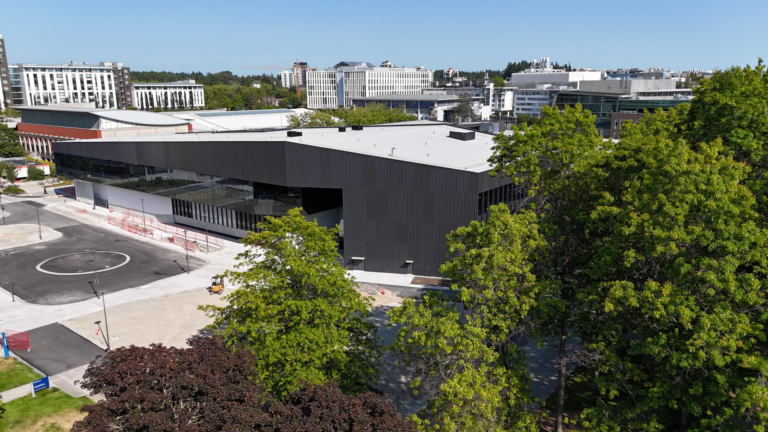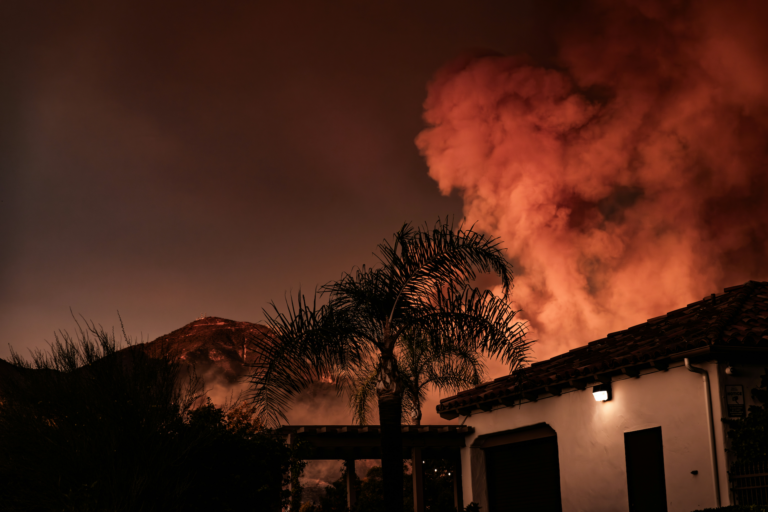Non-confidence motions in Parliament to create period of ‘unstable stability’
Dr. Stewart Prest, lecturer in UBC’s department of political science, explains non-confidence motions and what might happen in the next few months.

Credit: xiquinhosilva / Creative Commons
Parliament is set to vote today on the second non-confidence motion brought by the Conservatives in a week.
The Trudeau government survived the first non-confidence motion but could face several more this year on opposition days.
Dr. Stewart Prest, lecturer in UBC’s department of political science, explains non-confidence motions and what might happen in the next few months.
What are non-confidence motions and opposition days?
Our government acts with the confidence of our representatives in the House of Commons. So, a motion of non-confidence is essentially an expression that the House of Commons no longer supports the government. In that case, one of two things must happen: Either a new prime minister forms a new cabinet or, more often, the government falls and it triggers a new election.
There are 22 opposition days a year when opposition parties set the business of the day in the House, including moving motions. There are several more opposition days left in the fall session, and most of them go to the Conservatives as the largest opposition party. Every day that the Conservatives have an opposition day, they can move a new non-confidence motion. Unless circumstances change, they’ll be tempted to do so.
What does this say about the current political dynamics in the House of Commons?
The dynamics are quite unpredictable. The NDP and the Bloc Québécois leaders in the last few weeks effectively said they no longer thought the Liberal government deserved support, and yet both parties voted against the non-confidence motion last week. So, as Bloc leader Yves-François Blanchet said, we’re in a game of four-car chicken. While only the Conservatives seem keen on having an election as soon as possible, there’s always a chance of an election if the other parties don’t blink.
Why is the opposition so intent on triggering a new election?
The Conservatives are comfortably in the lead in polls. If an election were held today, we would expect them to form a majority government. The Liberal Party doesn’t want an election for those same reasons. They’re playing for time, hoping something will change, and continuing to govern in the interim.
The NDP are not willing to fight an election right now, so they still have to occasionally perhaps support the Liberals. And the Bloc seems like they could take or leave an election, since they’re in a relatively comfortable spot in terms of polling.
In the event of a snap election, how do you think the political landscape could shift?
If Justin Trudeau remains leader of the Liberal Party, we would expect the current situation to continue on. The Conservatives have such a strong lead, it’s hard to imagine another party catching them. If an election did happen quickly, a Conservative majority is the most likely outcome.
It does seem like we are entering into a period of unstable stability, where we know exactly what the Conservatives want and as long as Mr. Trudeau remains Liberal leader, we know where the Liberals stand. And then there’s the dance between the Liberals and either the NDP, or the Bloc, or both, to find a way to manage each non-confidence motion as it comes along. This may be how the country governs itself into the spring or even summer.
What kind of compromises might the Liberal government have to make for continued support?
The Bloc has a laundry list, which includes increasing old age support, that I think would be difficult and expensive for the government to acquiesce to. So, they may look to compromise with the Bloc, or they may check in with the NDP. Of the three opposition parties, the NDP seems least interested in an election right now. Perhaps they support the Liberals on a vote-by-vote basis for much lower stakes. This becomes that art of minority parliament, where the Liberals have to continually look for support in whatever quarter they can find it.
Interview language(s): English




